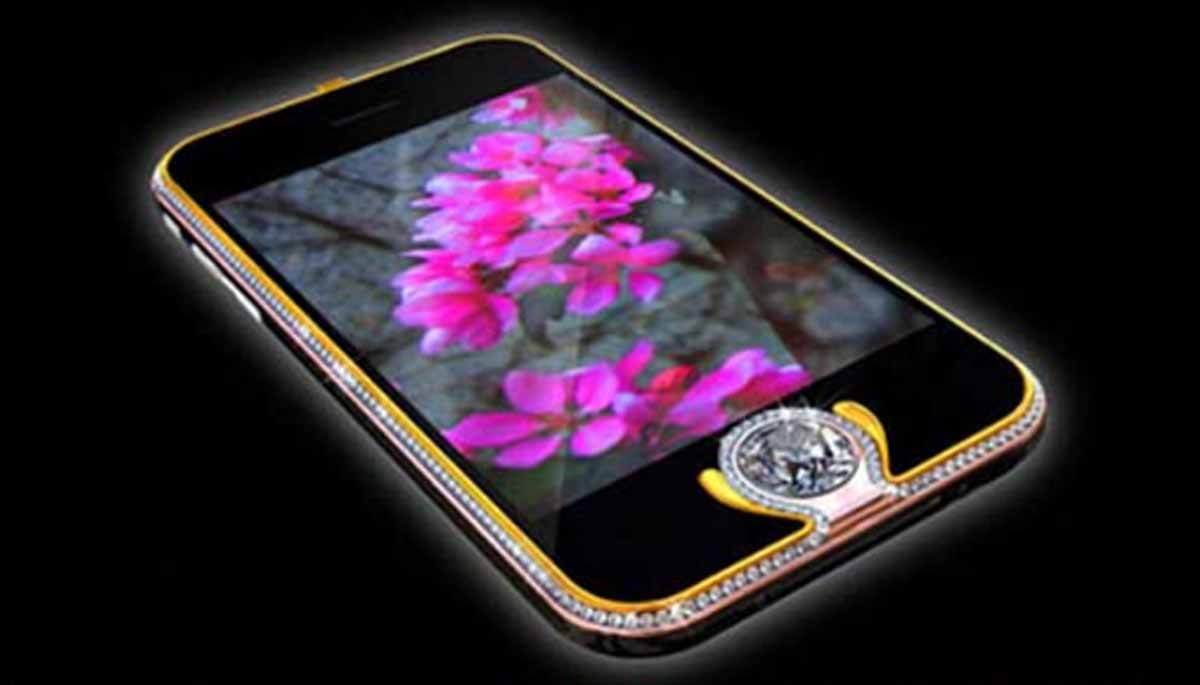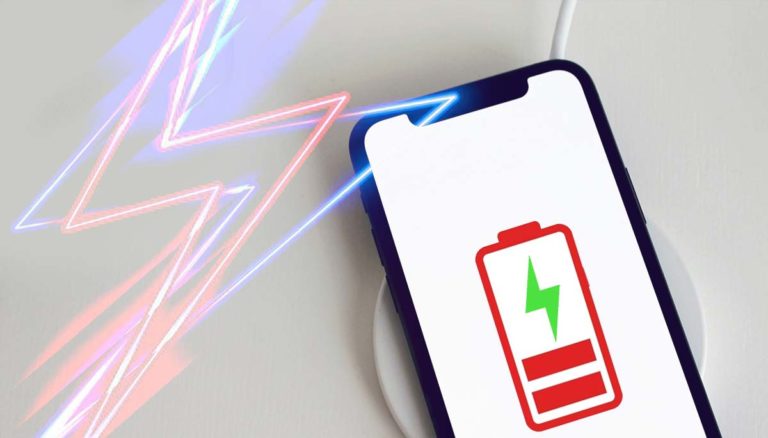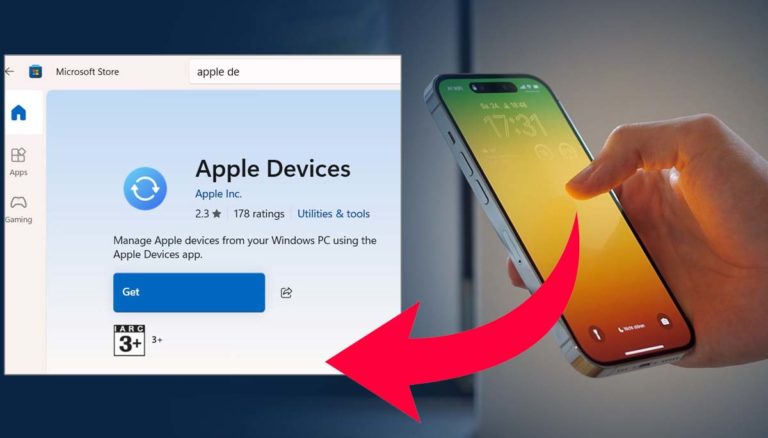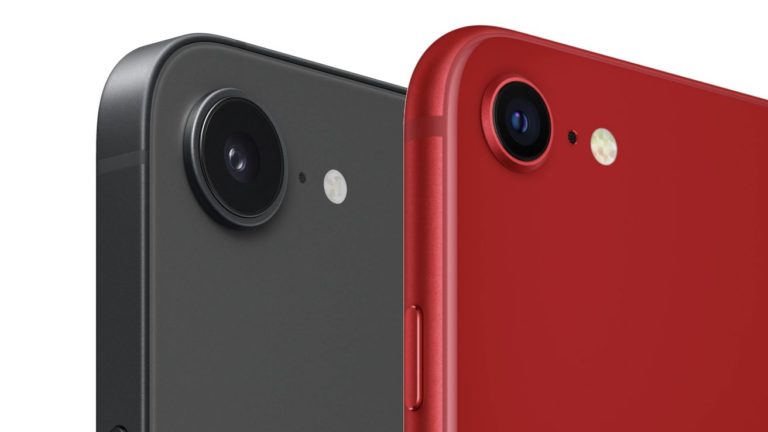
Do you know the story if iPhone 3G kings button having 6.6 carat diamond? Well if you aren’t aware of it, then we would enlighten you about it and we will also reveal the price of this special and unique handset.
So are you ready to know how a budget friendly iPhone 3G converted into the most expensive iPhone 3G? If that thing making our story line interesting then just sit back and keep reading below!
What is iPhone 3G kings button
The iPhone 3G was a revolutionary device when it was released in 2008, and one of its most iconic features was the “Home” button, commonly referred to as the “king’s button.” This button, located on the front of the phone below the display, allowed users to return to the home screen at any time, no matter where they were in the device’s operating system.
It also served as a gateway to a number of other important functions, such as accessing the app switcher, summoning Siri, and activating Reachability mode. In this article, we will delve into the history and functionality of the iPhone 3G’s king’s button, and discuss how it has evolved over the years.

iPhone 3G kings button Features
Before the iPhone, most smartphones required users to navigate through complex menus and sub-menus in order to access different features and functions. The iPhone, with its simple and intuitive interface, changed all that by introducing the concept of app icons arranged on a grid-like home screen.
- The Home button served as a way to quickly return to this home screen, allowing users to easily launch their most-used apps and access important information.
- In addition to returning to the home screen, the Home button on the iPhone 3G had a number of other functions. Double-clicking it would bring up the app switcher, which allowed users to quickly switch between open apps.
- Holding it down would summon Siri, Apple’s virtual assistant, which could be used to perform a variety of tasks such as setting reminders, answering questions, and making phone calls.
Another useful feature of the Home button was Reach ability mode, which was introduced with the iPhone 6 in 2014. This mode made it easier for users with smaller hands to reach and tap icons near the top of the display by temporarily moving the entire user interface down towards the bottom of the screen. To activate Reach ability mode, users simply needed to double-tap the Home button.
iPhone 3G kings button with 6.6 Carat Diamond
Peter Alisson, an Austrian jeweler who is recognized for making some of the most “extravagant opulent mobile phones,” is getting ready to blow our minds once again. This time, the extravagant jeweler has set a new standard for himself by creating the most costly phone in the world through his own design.
The new Apple iPhone 3G “Kings Button,” which has a price tag of £1,636,000 ($2,517,345), is the most luxury phone that has ever been produced. This magnificent phone is a “jewel” in every sense of the word because it is crafted from solid 18-karat yellow gold, white gold, and rose gold. The phone flaunts a white gold line that is adorned with a total of 138 diamonds of the finest quality that have been carved into beautiful shapes.
Even the home button on this “bling-bling” gadget is adorned with a rare 6.6-carat diamond, making it the whole package. The “Kings Button” is unquestionably for those individuals who are brave enough to go against the grain of the current credit crunch.
iPhone kings button – Present Day
Over the years, the Home button on the iPhone has undergone several changes and improvements. On the iPhone 4s and later models, the button was replaced with a solid-state version that was more durable and responsive. The iPhone 7 and iPhone 8 introduced a haptic feedback feature that provided a tactile sensation when the button was pressed, simulating the feeling of a physical button press.
On the iPhone X, which was released in 2017, the Home button was removed altogether, replaced with a series of gesture controls. Instead of pressing a physical button, users could swipe up from the bottom of the display to return to the home screen, or hold the side button and volume up button to summon Siri. This change was a major departure from the traditional iPhone interface, and took some getting used to for long-time iPhone users.
Despite these changes, the Home button, or “king’s button,” has remained a central and iconic feature of the iPhone. It has allowed users to easily navigate their devices and access important functions, and has helped to make the iPhone one of the most popular and widely-used smartphones in the world. While it may have evolved over the years, it is likely that the Home button will continue to be an important part of the iPhone experience for years to come.



